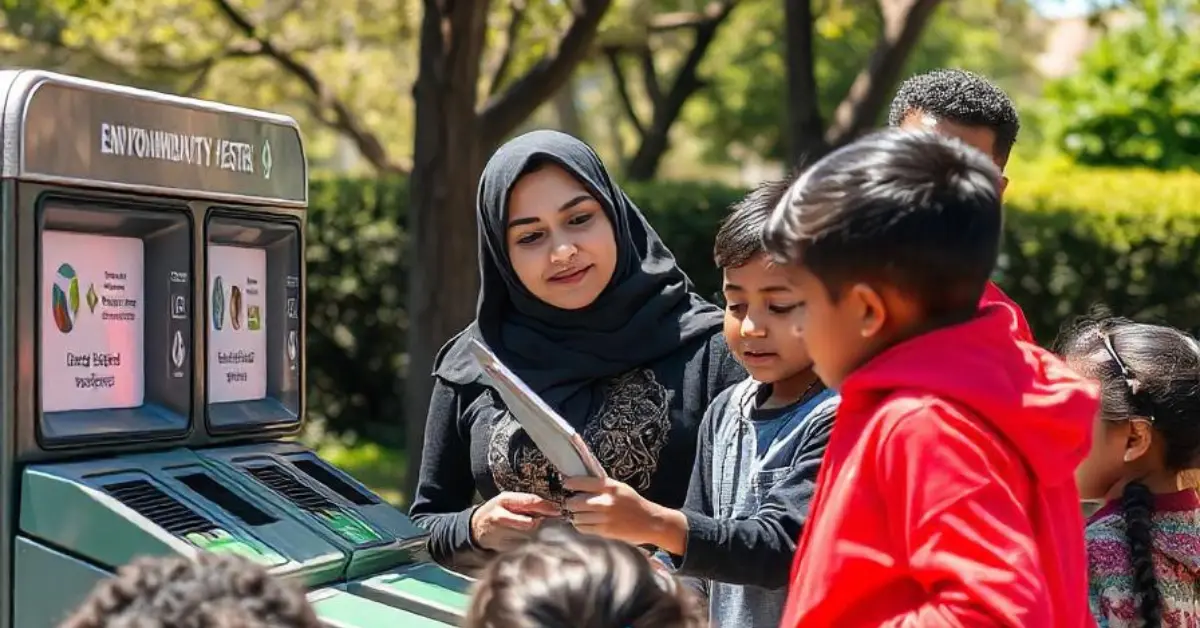The hospitality industry is embracing a future driven by sustainability, with waste management at the forefront of this transformation. Hotels, resorts, and restaurants are increasingly adopting innovative practices to minimise their environmental footprint while maintaining impeccable service standards. As guest expectations for eco-conscious operations grow, innovations in waste management for hospitality are paving the way for greener, more efficient businesses.
From smart technologies to circular economy models, the future of waste management in hospitality is not only about reducing waste but also reimagining it as a resource.

The Current Challenges
The hospitality sector is one of the largest contributors to waste, generating vast amounts of food waste, single-use plastics, and packaging materials. Hotels often struggle with inefficient waste segregation, while restaurants face the dual challenge of overproduction and food spoilage. Addressing these issues requires a combination of innovative technology, sustainable practices, and expert guidance.
Emerging Innovations in Waste Management for Hospitality
1. Smart Waste Tracking Systems

Technology is revolutionising how businesses manage waste. Smart waste tracking systems use IoT-enabled devices to monitor waste levels in real-time, providing actionable insights. These systems allow hotels and restaurants to track waste by type, volume, and location, helping identify patterns and reduce inefficiencies.
For example, smart bins equipped with AI can distinguish between recyclable and non-recyclable materials, automatically sorting waste for more effective recycling. These innovations not only streamline operations but also ensure compliance with increasingly strict environmental regulations.
2. Food Waste Reduction Technology

One of the most significant areas of innovation is food waste reduction. Smart refrigerators and inventory management tools are helping kitchens track ingredient usage and expiration dates more effectively. Additionally, apps like Too Good To Go allow restaurants to sell surplus food directly to consumers at discounted rates, reducing waste while generating additional revenue.
Innovations like digesters and composting machines are also gaining traction. These systems convert food waste into nutrient-rich compost or energy, providing a sustainable solution for disposal.
3. Circular Economy Approaches
The hospitality industry is shifting from a linear “take-make-dispose” model to a circular economy approach. This involves designing systems where waste is repurposed or reintegrated into the supply chain.
Hotels are now collaborating with local communities to recycle soap, reuse linens, and even upcycle furniture. Restaurants are exploring ways to turn kitchen scraps into ingredients for new dishes or biofuels. These initiatives not only reduce waste but also enhance brand image and guest loyalty.
4. Plastic Alternatives and Reusable Solutions

Plastic waste remains a major challenge for hospitality businesses. To address this, many are adopting alternatives such as biodegradable packaging, edible utensils, and reusable containers. These innovations significantly reduce single-use plastic waste, aligning with the growing demand for eco-friendly practices.
For example, hotels are replacing plastic toiletries with refillable dispensers, while restaurants are switching to paper or compostable packaging for takeout orders.
5. Data-Driven Sustainability Strategies
Advanced analytics and AI are empowering businesses to make data-driven decisions about waste management. By analysing waste data, hospitality operators can identify inefficiencies, predict trends, and set measurable sustainability goals.
For instance, a resort might use analytics to optimise waste collection schedules, reducing costs and emissions. Similarly, restaurants can use AI-powered tools to forecast demand more accurately, minimising overproduction and spoilage.
Looking Ahead
The future of waste management in hospitality lies in the seamless integration of technology, sustainability, and guest engagement. As innovations continue to evolve, businesses that embrace these changes will not only reduce their environmental impact but also position themselves as leaders in sustainable hospitality.
Conclusion
Innovations in waste management for hospitality are driving a fundamental shift in how the industry approaches sustainability. From smart technologies and food waste solutions to circular economy models, these advancements are turning waste into a valuable resource.
At the forefront of this transformation, HPG Consulting provides tailored solutions to address the unique waste management challenges of the hospitality industry. With a proven track record in hospitality consulting, HPG helps businesses adopt innovative strategies that enhance efficiency and sustainability. Partnering with HPG means building a greener future while staying competitive in an evolving market. Let us help you lead the way in sustainable hospitality.